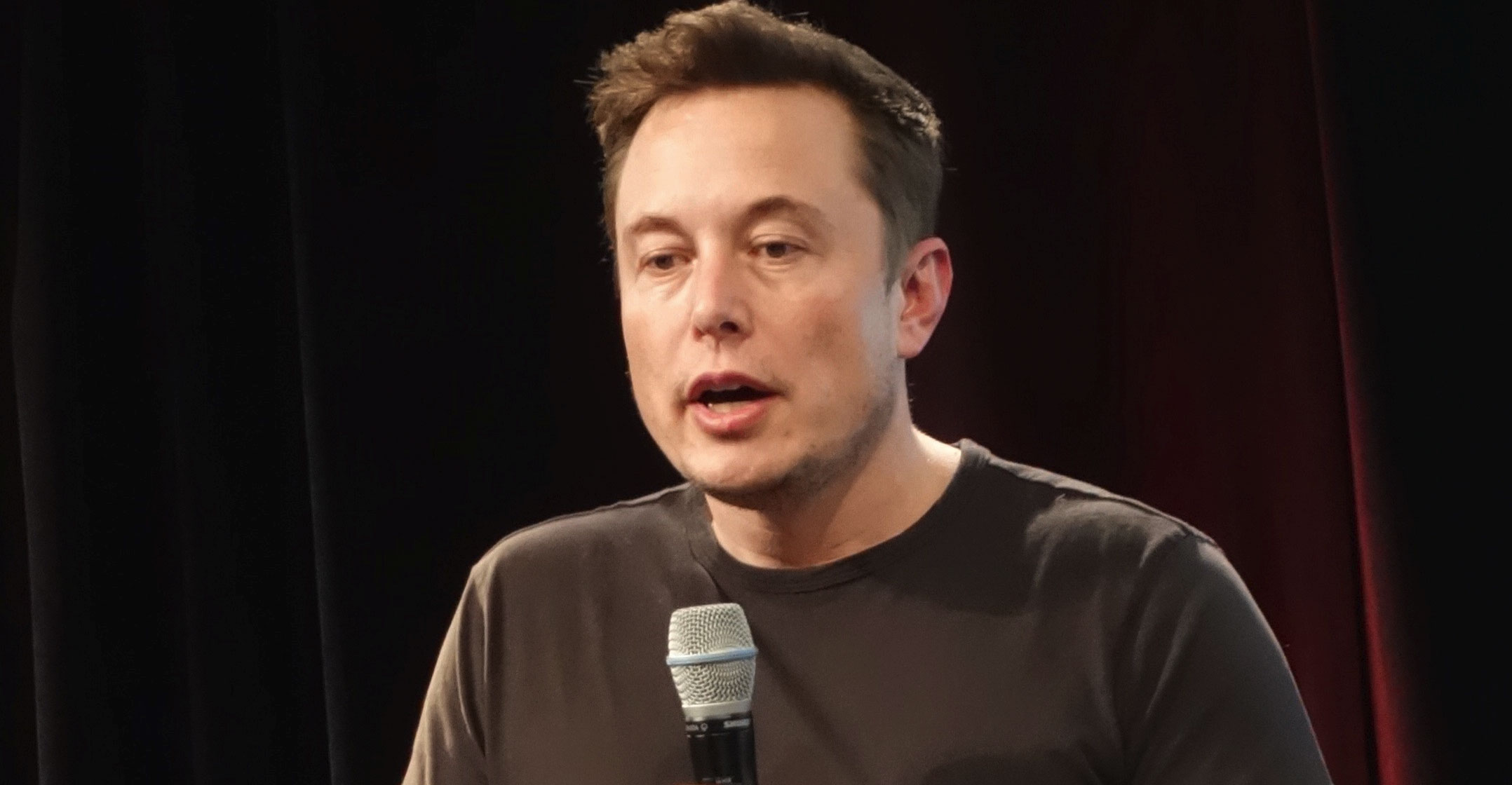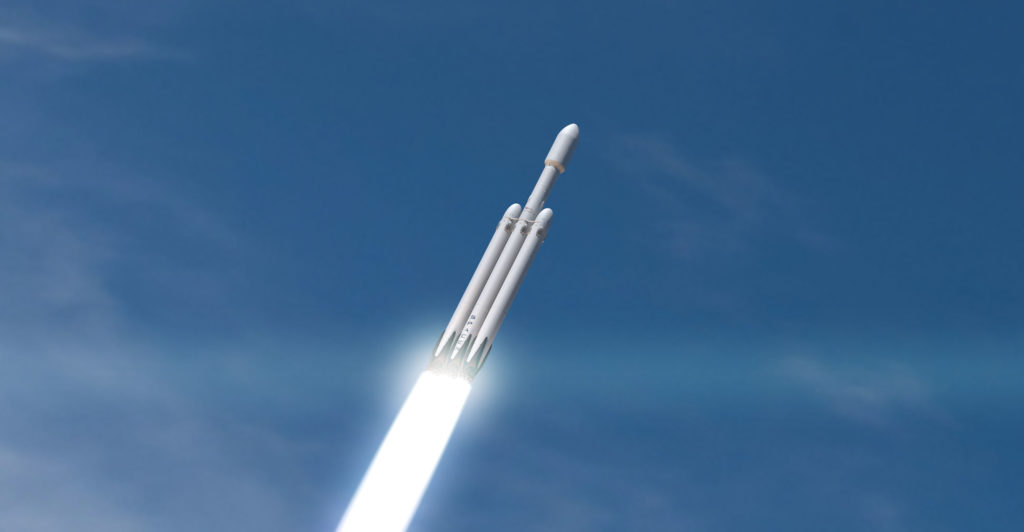
Elon Musk’s SpaceX moved closer to another orbital frontier as regulators advanced its application to launch a low-orbit constellation of satellites and join a jostling field of operators trying to cash in on broadband service from space.
US Federal Communications Commission chairman Ajit Pai on Wednesday recommended the agency approve SpaceX’s application to provide broadband services using satellite technologies in the US and on a global basis. The proposal now goes to Pai’s four fellow commissioners for consideration at the agency, which earlier approved three international operators for satellite broadband operations: OneWeb, Space Norway and Telesat Canada.
“To bridge America’s digital divide, we’ll have to use innovative technologies,” Pai said in an e-mailed statement. “Satellite technology can help reach Americans who live in rural or hard-to-serve places where fiber optic cables and cell towers do not reach.”
The FCC’s move comes as US politicians call for improved Internet service in rural areas. President Donald Trump’s infrastructure proposal lists broadband as eligible for funding alongside traditional projects such as roads and bridges. Some Democratic lawmakers have criticised the lack of dedicated broadband funding.
John Taylor, a SpaceX spokesman, didn’t immediately comment or give further details on the company’s plans, but the FCC last year said SpaceX had requested authority to deploy and operate a constellation of 4 425 satellites operating roughly 1 110km to 1 325km above the Earth.
Musk founded SpaceX in 2002 to revolutionise space technology, with the ultimate goal of enabling people to live on other planets. The Hawthorne, California-based company currently flies the Falcon 9 rocket and last week launched the Falcon Heavy, the world’s most powerful rocket in 45 years. SpaceX flew two of its spent boosters back to the Florida coast for a simultaneous recovery on land.
SpaceX’s customers include commercial satellite operators, Nasa and the US military.
Entering the satellite broadband market would add to Musk’s already wide array of business pursuits. The billionaire sells electric cars, solar products and batteries through Tesla and has been hawking hats and flamethrowers to fund Boring Co, which plans to build underground tunnels for cities including Los Angeles. He also co-founded Neuralink, which is developing technology to connect human brains with computers, and OpenAI, a nonprofit advocating for the responsible development of artificial intelligence.
Demonstration satellites
The broadband project is to get an early test component on Saturday, when SpaceX is slated to launch a pair of demonstration satellites, known as Microsat-2a and -2b, to test a broadband antenna to be included in the proposed constellation, according to a SpaceX document filed with the FCC. The rocket to be launched from Vandenberg Air Force Base in California also will carry Spain’s PAZ satellite.
Pai, the Republican FCC chief, said SpaceX’s programme could help “unleash the power of satellite constellations to provide high-speed internet to rural Americans”.
The approval would be the first given to an American-based company to provide broadband services using a new generation of low-Earth orbit satellite technologies, Pai said.

Satellites will play a critical role in Musk’s efforts to reach his ultimate role of establishing a human settlement on Mars. Building a commercial satellite business will provide SpaceX with revenue and communications know-how that will eventually serve his Martian aspirations.
“We’re going to try to do for satellites what we’ve done for rockets,” said Musk during an interview with Bloomberg Television in January 2015.
In order for large broadband constellations to deliver services in the US, the FCC must approve their operations to ensure the satellites don’t interfere with other uses, and will operate in a way that lowers the risk of collisions.
The FCC last year gave OneWeb access to the US market using a proposed fleet of 720 satellites, and granted Telesat access to the market via 117 satellites already authorised by Canada. Space Norway won approval for two satellites.
Telesat last year said its service would suffer interference from SpaceX’s operations as proposed, and asked the FCC to deny permission. — Reported by Todd Shields and Dana Hull, (c) 2018 Bloomberg LP




